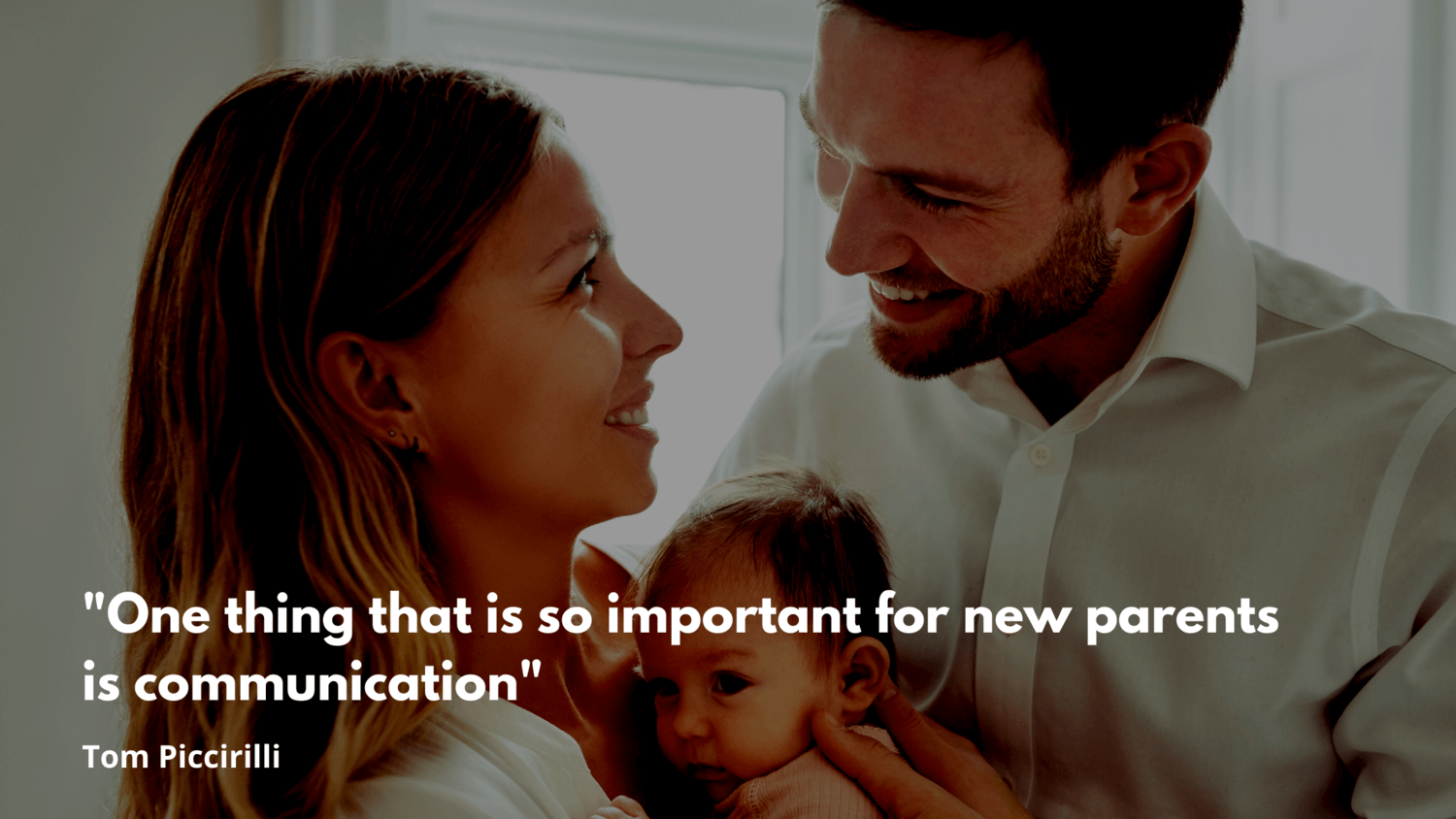Depression in dads is a growing but often overlooked issue. While much attention is given to maternal mental health, fathers also face emotional and psychological challenges during pregnancy and early parenthood. Depression in dads can affect their well-being, relationships, and ability to bond with their children. Recognizing the signs and supporting fathers’ mental health is crucial for creating resilient families.
In this article, the terms “mother” and “father” are used in line with research studies. We encourage more inclusive research to reflect the diversity of modern families.
What Is Depression in Dads?
Depression is more than just feeling overwhelmed or tired. It’s a serious mental health condition that involves persistent low mood, irritability, loss of interest, fatigue, and feelings of hopelessness or worthlessness (WHO, 2025). While maternal postpartum depression is widely acknowledged, depression in dads is less frequently discussed but equally significant.
Hormonal and brain changes in men during late pregnancy and the early postpartum period, combined with stress and sleep deprivation, can contribute to paternal depression (Bottemanne and Joly, 2025, Saltzman and Ziegler, 2014). Studies show that fathers can experience depression either during pregnancy (antenatal) or after the baby is born (postpartum).
How Common Is Depression in Dads?
During Pregnancy
Depression in dads during pregnancy affects approximately 6–13% of fathers. A Canadian study found that up to 13% of expectant fathers in the third trimester reported symptoms of depression (Da Costa et al., 2015).
Postpartum Depression in Dads
Postpartum depression in dads can emerge in the first year after birth, peaking between 3 and 6 months. Up to 13% of fathers experience symptoms like mood swings, irritability, and emotional withdrawal (Rao et al., 2020).
Why Is Depression in Dads Overlooked?
Several factors make it difficult to identify and address depression in dads:
- Societal Expectations: Men are often expected to be emotionally resilient and may avoid discussing their struggles.
- Healthcare Gaps: Most healthcare systems focus on the birthing parent’s mental health, leaving fathers under-screened.
- Stigma: Many men fear being judged or misunderstood for expressing vulnerability.
Ignoring these challenges can affect not only the father’s mental health but also the entire family’s emotional dynamic.
Signs of Paternal Depression
Some symptoms of depression in dads include:
- Withdrawal from family and social life
- Anger, irritability, or increased conflict at home
- Substance use as a coping mechanism
- Feelings of inadequacy or failure as a parent
- Physical symptoms such as headaches or stomach issues
How to Support Fathers’ Mental Health
- Encourage Open Communication Fathers need safe spaces to share their feelings without judgment. Partners, family, and healthcare providers should actively check in.
- Provide Access to Professional Help Therapy, support groups, or counseling services tailored to new dads can help address emotional struggles early.
- Normalize Mental Health Challenges Sharing stories and experiences can help reduce stigma and encourage other dads to seek support.
- Promote Healthy Routines Encouraging regular exercise, sleep, balanced nutrition, and stress-reduction techniques can improve mood and resilience.
- Involve Dads in Parenting from the Start Feeling engaged and confident in their parenting role can decrease feelings of isolation and boost self-esteem.
Why Supporting Fathers’ Mental Health Matters
Depression in dads doesn’t just affect them individually. It can:
- Disrupt bonding with their child
- Strain the co-parenting relationship
- Lead to long-term mental health issues
- Influence the child’s emotional and behavioral development
Final Thoughts on Depression in Dads
Supporting fathers’ mental health is essential for the well-being of the entire family. Depression in dads is real, common, and treatable. By recognizing the signs, fostering open dialogue, and providing resources, we can reduce stigma and build healthier parenting partnerships.
If you or someone you know is struggling, reaching out for help is a vital and courageous step. No parent should have to face these challenges alone.
This article was written in collaboration with the Da Costa Lab, which researches parental well-being during the transition to parenthood.














